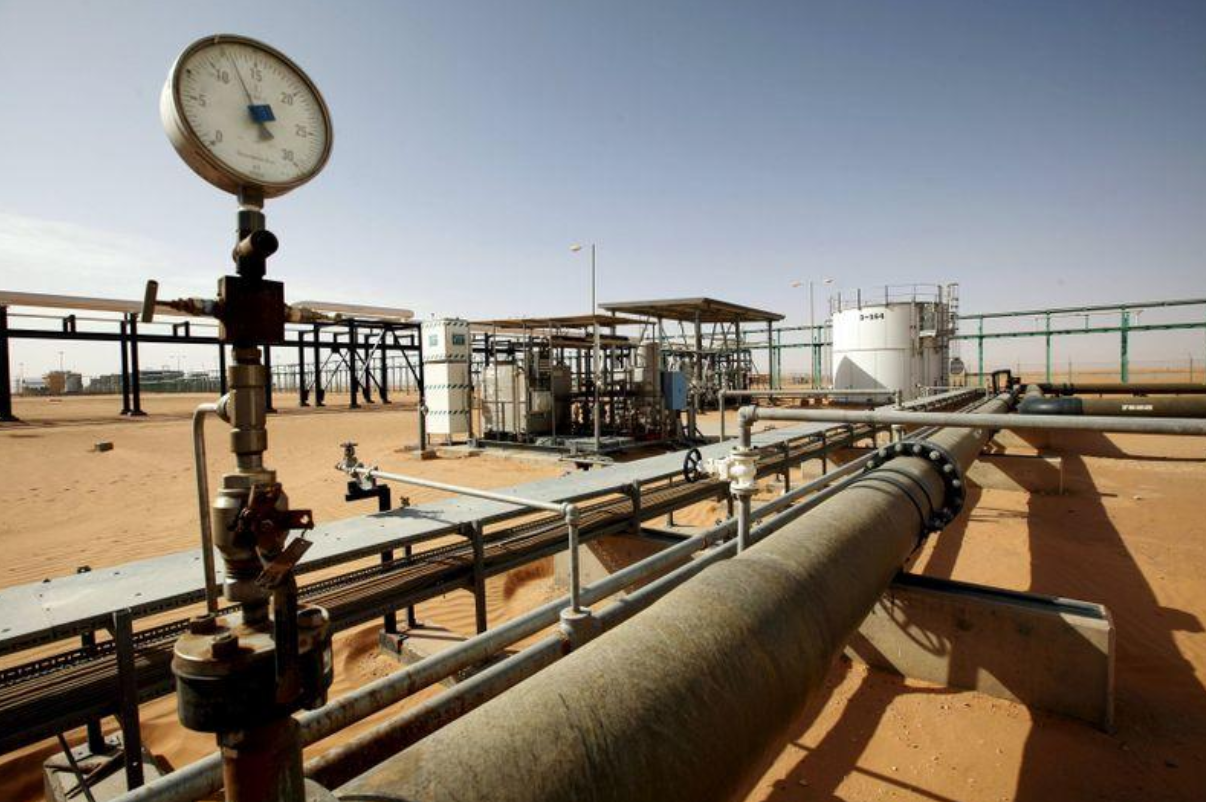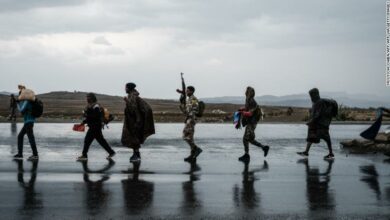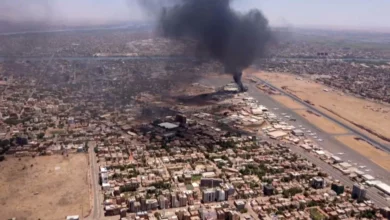
CAIRO (AP) — Libya’s oil production has surged past 1 million barrels a day, national petroleum officials said on Saturday, marking an important milestone months after its civil war almost choked the country’s energy production.
Oil-rich Libya has been pushing to recover production levels in recent weeks, as talks proceed between the warring groups in the North African country to reach a political settlement to the country’s conflict.
Libyan commander Khalifa Haftar’s forces announced in September an end to a months-long blockade of the country’s vital oil fields and terminals. The move followed on his forces failure to capture the capital of Tripoli earlier in the year, and the growing military intervention of Turkey, which has supported the rival U.N.-backed government there.
The Libyan National Oil Corporation said in a statement on its website it has pumped over one million barrels a day, from a reported 800,000 barrels a day last week. The country’s oil production was under 100,000 barrels a day earlier in September.
The Tripoli-based company meanwhile warned that it would not be able to continue pumping at the current levels, because of what it said were work obstructions caused by “entities” it did not name.
The NOC said it has suffered from financial difficulties amid a “huge shortage” in its budget. The oil blockade deprived it of nearly $10 billion in revenue and led to nationwide fuel shortages, the corporation said in August.
The dramatic rise in Libya’s production, however, comes as oil prices have collapsed this year, which is partially a consequence of the coronavirus pandemic. On Friday, Brent crude oil for January delivery fell $1.48 to $39.45 a barrel.
Libya’s oil production had reached at least 1.2 million barrels a day before powerful eastern tribes loyal to Haftar first seized control of the petroleum facilities in January to protest what they said was the inequitable distribution of revenues.
Libya’s prized light crude has long featured in the North African country’s civil war, with rival militias and foreign powers jostling for control of the continent’s largest oil reserves.
Libya was plunged into chaos when a NATO-backed popular uprising in 2011 toppled longtime dictator Moammar Gadhafi, who was later killed. The country has since split between rival administrations based in the capital Tripoli and the eastern city of Benghazi, each backed by armed groups and rival foreign governments.
Image: A general view of the El Sharara oilfield, Libya December 3, 2014. (REUTERS/Ismail Zitouny/File Photo)




